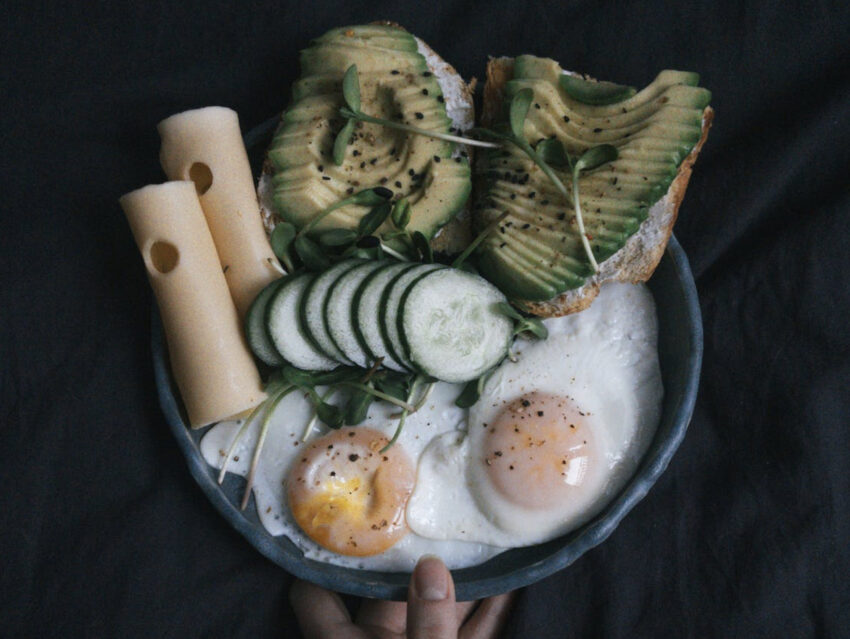Low-carb diets have become increasingly popular in recent years, as people look for healthier and more sustainable ways of eating. While cutting carbs can be a challenge, especially when it comes to breakfast, there are many delicious and nutritious options to choose from. In this article, we’ll be taking a look at 10 low-carb breakfast foods that are both satisfying and delicious, to help you get started on your low-carb journey.
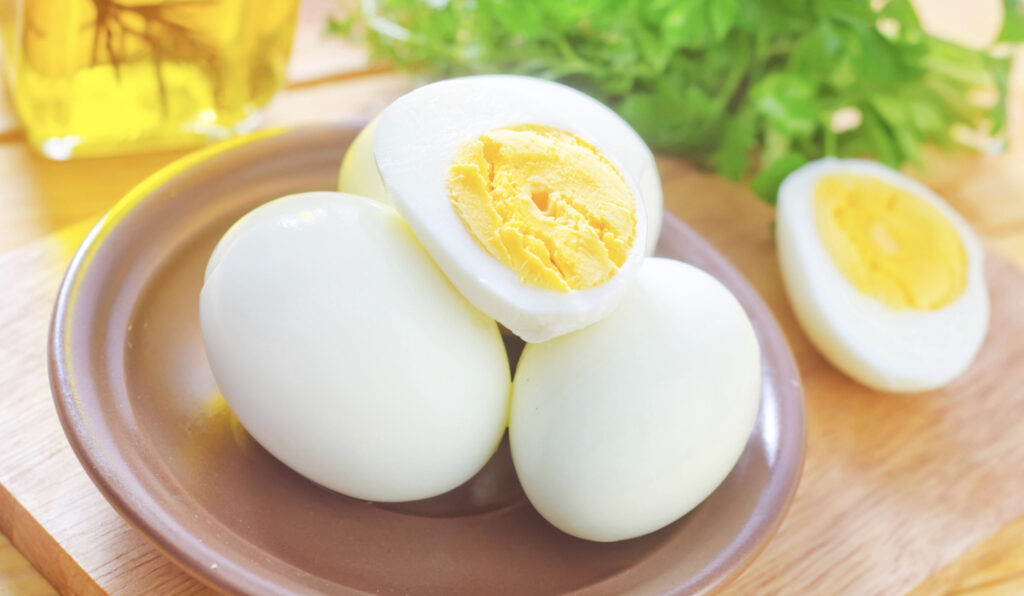
1. Eggs:
Eggs are a staple in many low-carb diets, as they are high in protein, healthy fats, and other essential nutrients. Whether you prefer them boiled, scrambled, or fried, eggs are a great way to start your day, and can be easily paired with other low-carb ingredients, such as cheese, vegetables, and meats.
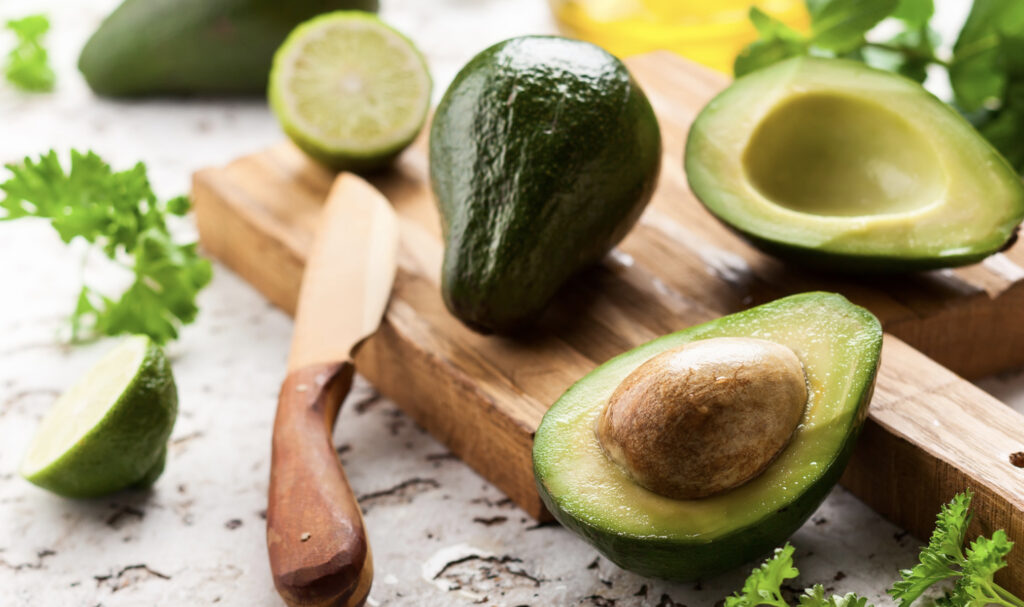
2. Avocado:
Avocado is a superfood that is high in healthy monounsaturated fats and fiber. It can be enjoyed as a spread on toast, or as a key ingredient in a variety of breakfast dishes, such as avocado toast, eggs Benedict, and avocado smoothies. Avocados are also a great source of vitamins, minerals, and antioxidants.
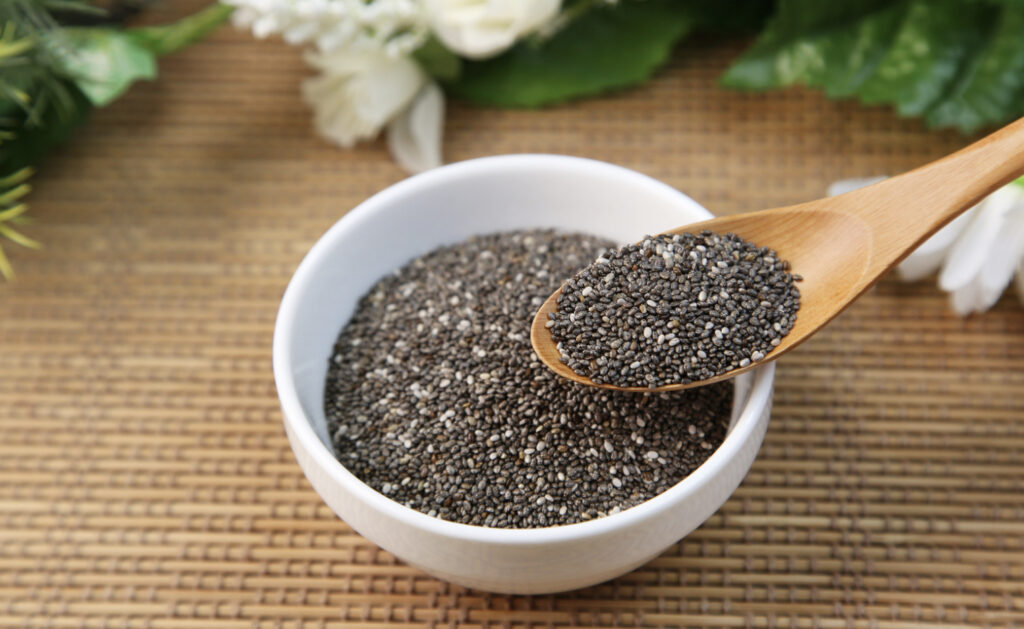
3. Chia Seeds:
Chia seeds are a highly nutritious superfood that are low in carbs and high in fiber. They can be added to smoothies, oatmeal, or yogurt, or soaked in almond milk or coconut milk to make a nutritious and filling breakfast pudding.
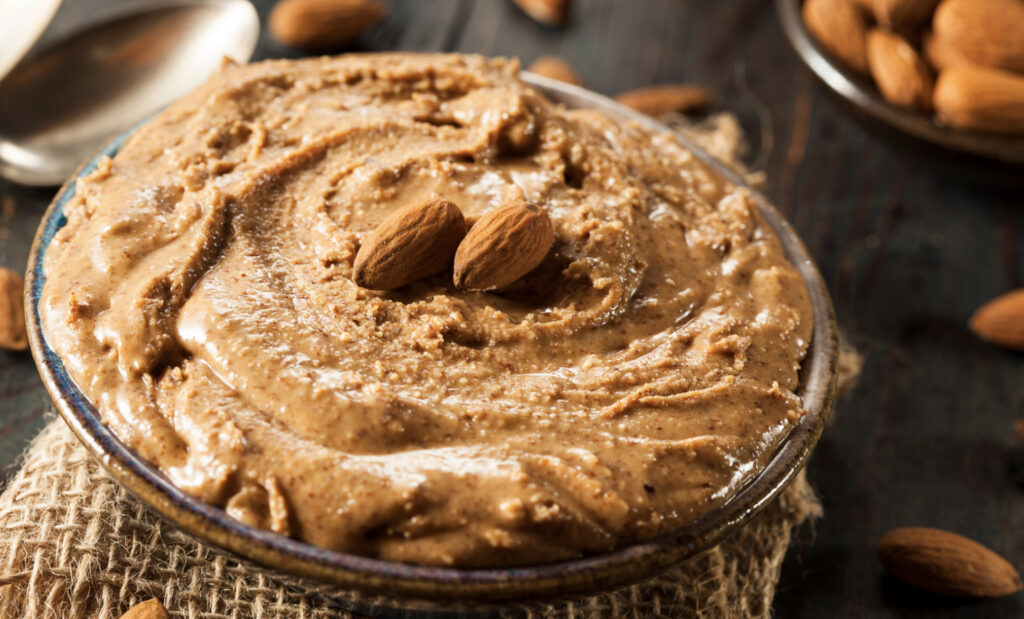
4. Almond Butter:
Almond butter is a healthy and delicious alternative to traditional peanut butter, and is a great source of healthy monounsaturated fats and protein. It can be used as a spread on toast, added to smoothies, or used as a dip for fruits and veggies.
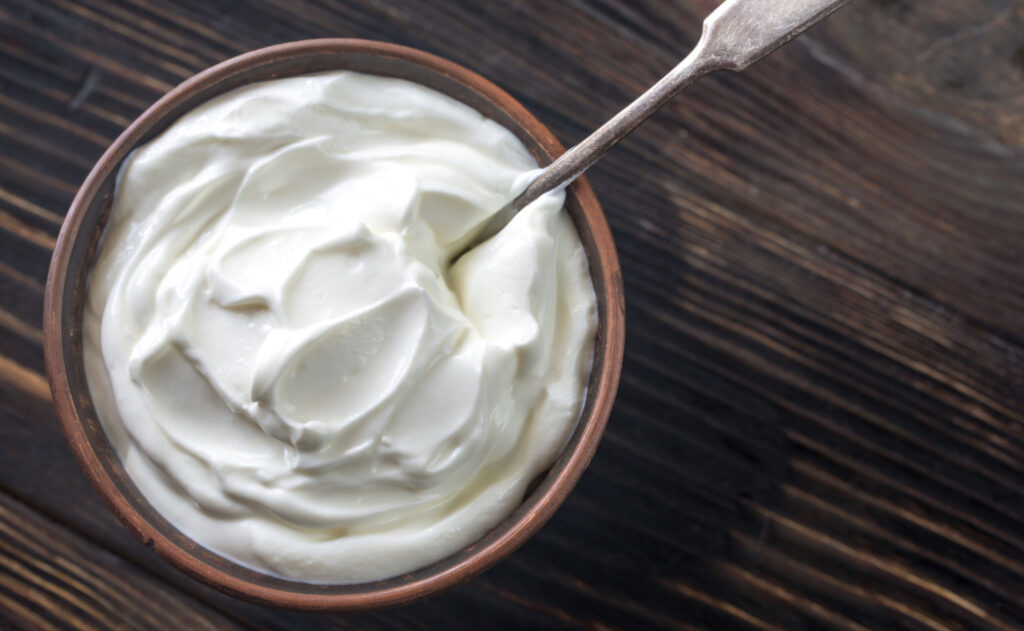
5. Greek Yogurt:
Greek yogurt is a low-carb and high-protein alternative to traditional yogurt, and is a great source of probiotics, which are essential for gut health. It can be enjoyed plain, with fruit and honey, or as a base for smoothies and parfaits.
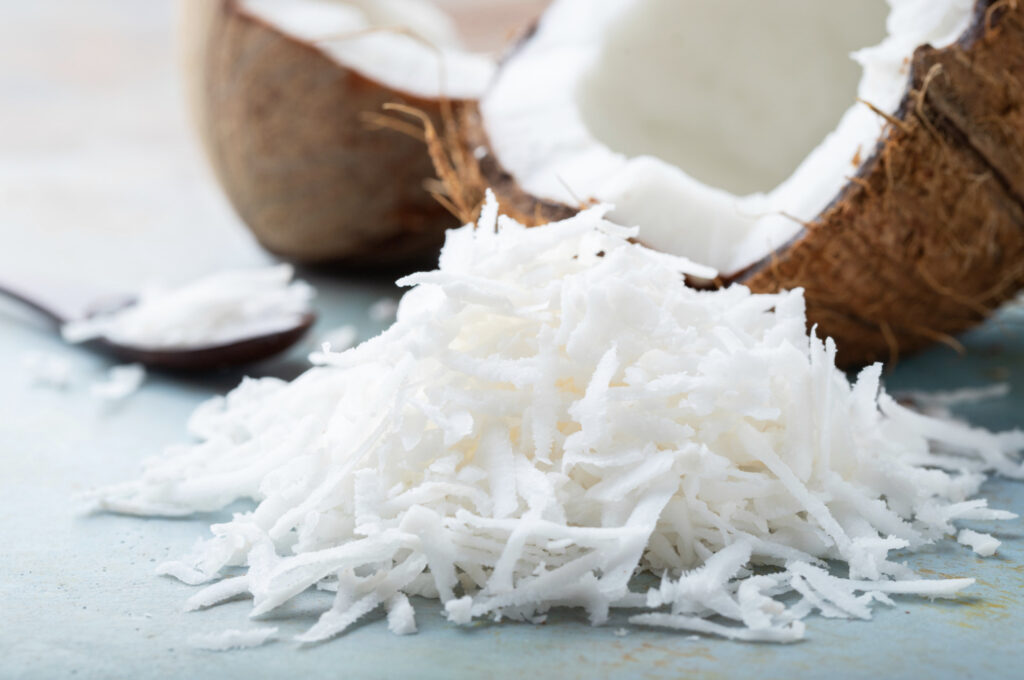
6. Coconut Flakes:
Coconut flakes are a low-carb and low-sugar alternative to traditional breakfast cereals, and are a great source of healthy saturated fats, fiber, and protein. They can be added to smoothies, yogurt, or eaten as a snack.
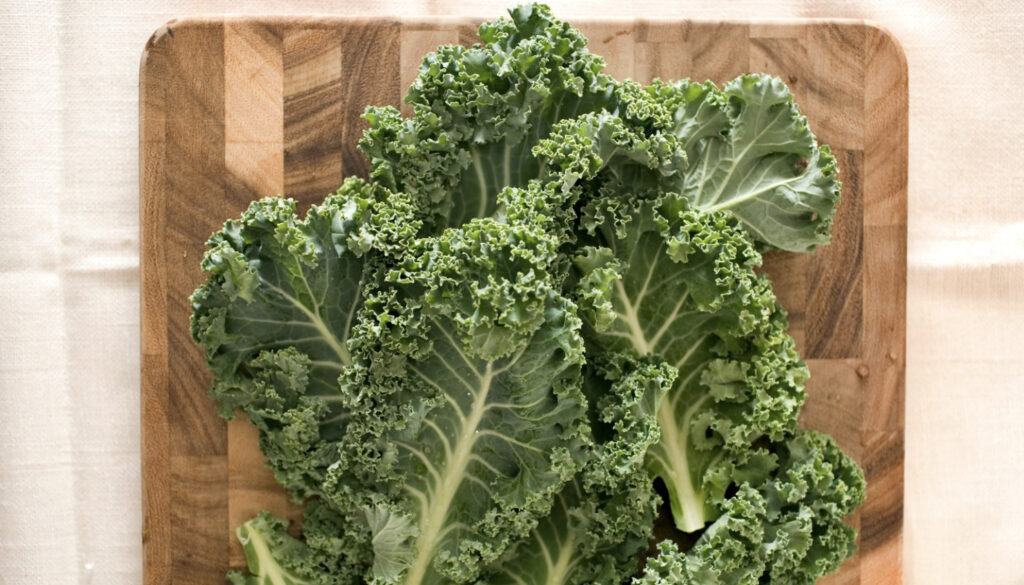
7. Kale:
Kale is a nutrient-dense green that is low in carbs and high in fiber. It can be added to smoothies, stir-fries, or baked in the oven for a crispy snack. Kale is also a great source of vitamins, minerals, and antioxidants.
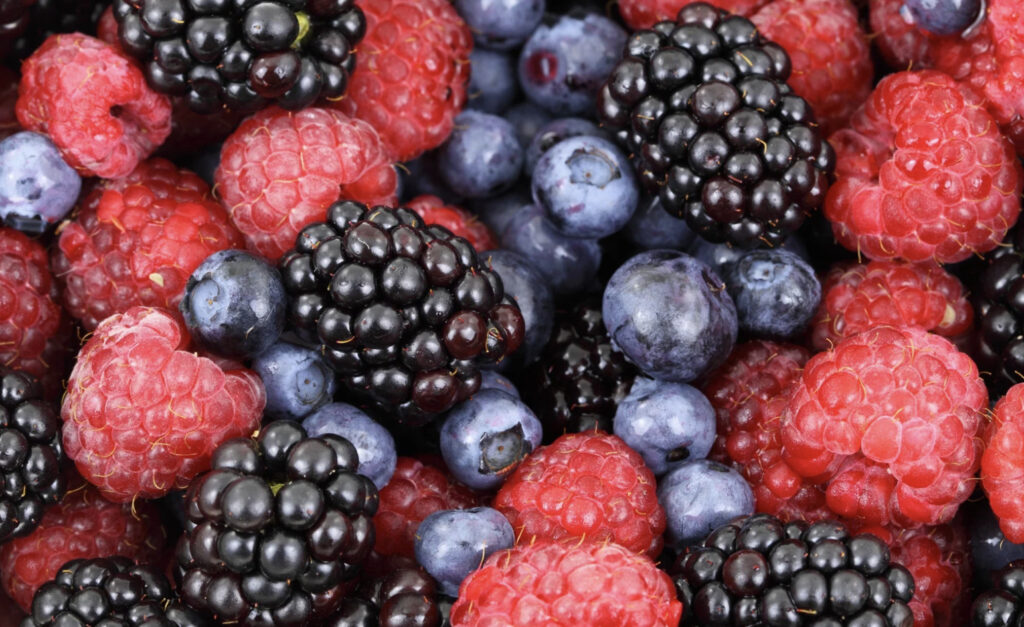
8. Berries:
Berries are low in carbs and high in fiber, and are a great source of antioxidants and other essential nutrients. They can be enjoyed as a snack, added to yogurt, or used as a topping for oatmeal or smoothie bowls.
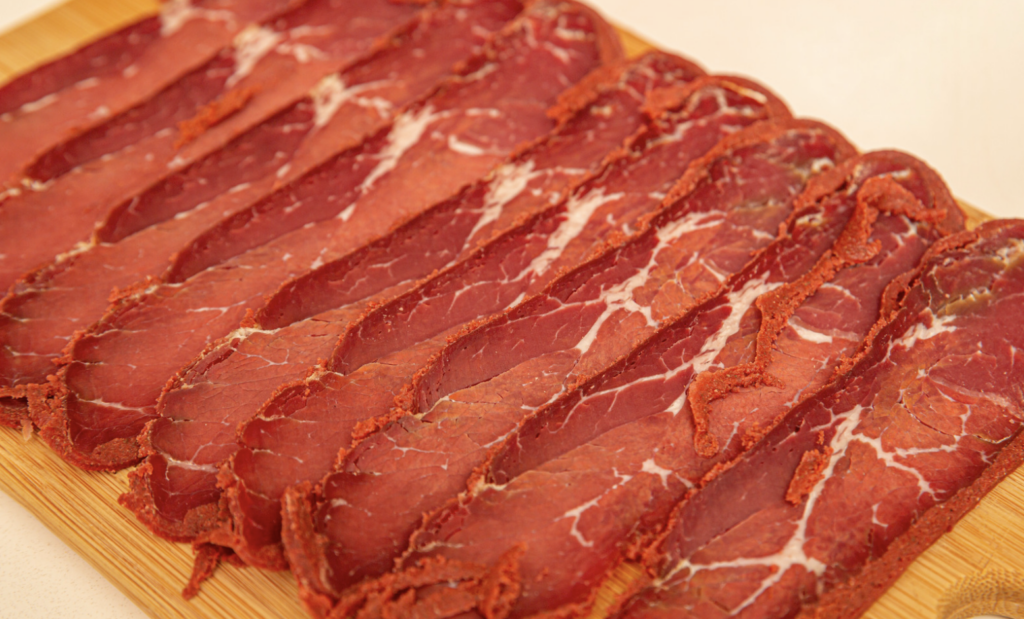
9. Turkey Bacon:
Turkey bacon is a low-carb and low-fat alternative to traditional bacon, and is a great source of protein and healthy fats. It can be enjoyed as a side dish with eggs, added to salads, or used as a wrap for breakfast burritos.
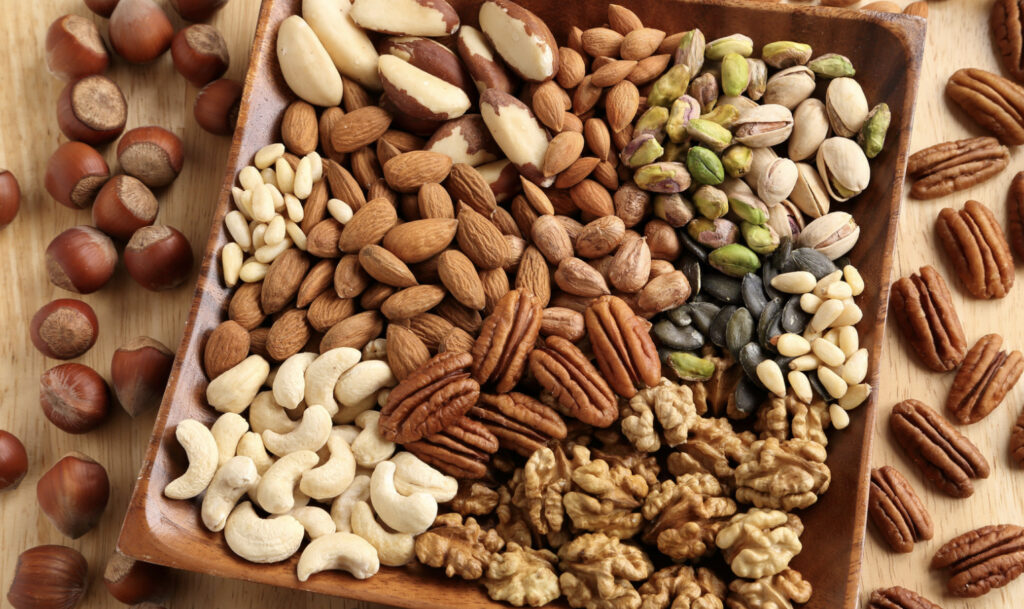
10. Nuts:
Nuts are a low-carb and high-protein snack that are a great source of healthy monounsaturated and polyunsaturated fats. They can be enjoyed as a snack, added to smoothies, or used as a topping for yogurt or oatmeal.
How many carbs is a low-carb breakfast?
A low-carb breakfast typically contains around 20-50 grams of carbohydrates. The exact amount of carbohydrates will depend on your individual dietary needs and goals, as well as the specific foods you choose for your breakfast. It’s important to note that everyone’s dietary needs are different, and what is considered a low-carb breakfast for one person may not be considered low-carb for another. It’s best to consult with a healthcare professional or a registered dietitian to determine the best low-carb breakfast options for you.
Is oatmeal a low-carb breakfast?
Oatmeal is not considered a low-carb breakfast option, as it is high in carbohydrates. A typical serving of oatmeal contains approximately 27 grams of carbohydrates. While oatmeal is a nutritious and filling breakfast option, it may not be the best choice for those following a low-carb diet. If you’re looking for a low-carb breakfast, consider opting for eggs, avocado, Greek yogurt, nuts, or other low-carb options instead.
Are bananas low-carb?
No, bananas are not considered a low-carb food. A medium-sized banana contains approximately 14 grams of carbohydrates. While bananas are a nutritious and convenient snack option, they may not be the best choice for those following a low-carb diet. If you’re looking for low-carb snack options, consider opting for berries, avocado, nuts, or seeds instead.
Conclusion:
In conclusion, low-carb breakfast options are not only delicious but also nutritious and filling. Whether you’re looking for high-protein options, like eggs and turkey bacon, or healthier alternatives to traditional breakfast foods, like chia seeds and almond butter, there are many options to choose from. Each of the 10 low-carb breakfast foods mentioned above are high in essential nutrients, such as fiber, vitamins, minerals, and antioxidants, and are low in carbs, making them the perfect start to a healthy and satisfying day.
It’s important to note that while these foods can help you achieve your low-carb goals, they should still be consumed in moderation as part of a balanced diet. Additionally, it’s important to listen to your body and pay attention to how certain foods make you feel, as everyone’s dietary needs are different. However, incorporating these low-carb breakfast options into your diet can be a great way to help you reach your health and fitness goals.
